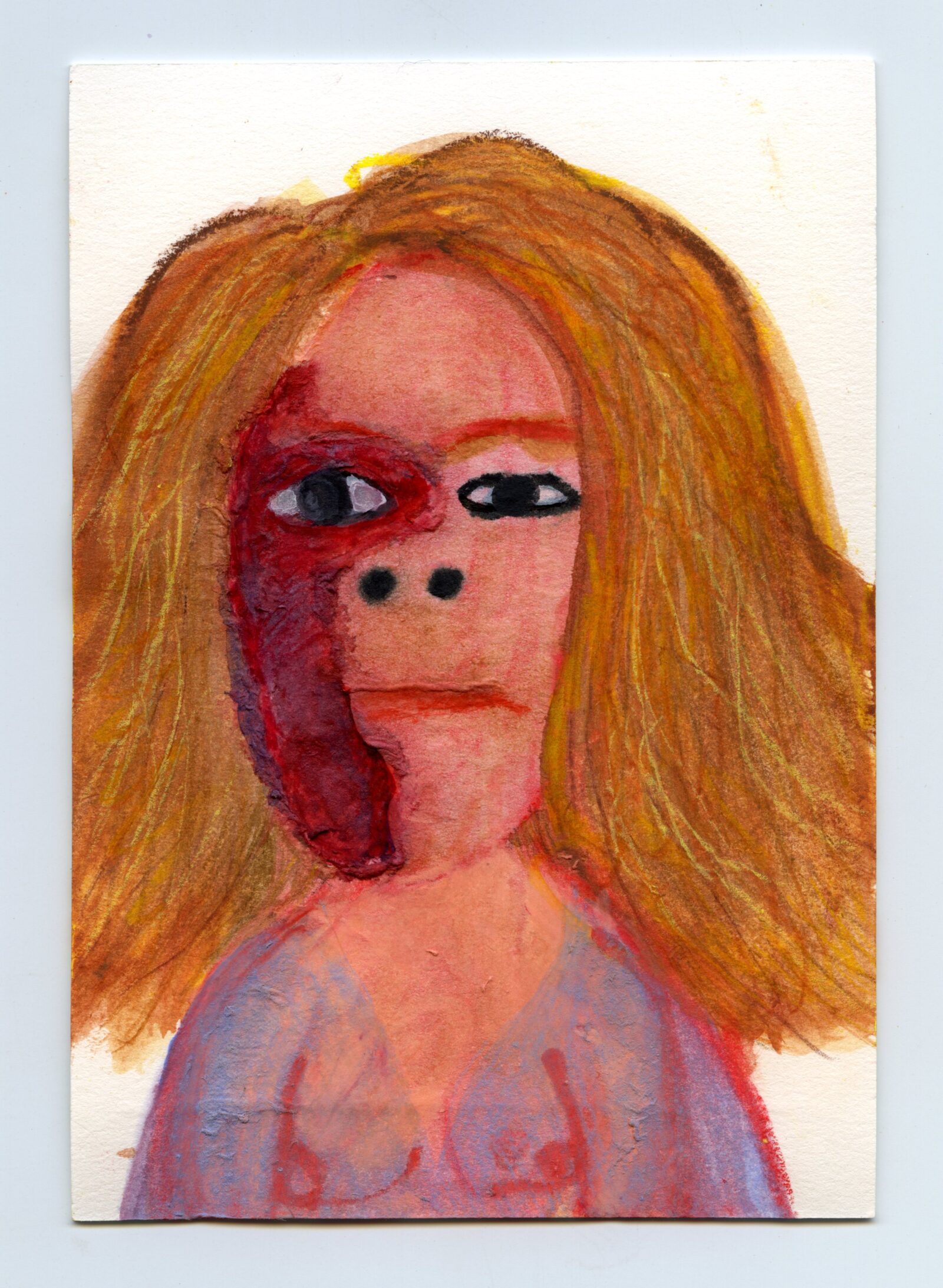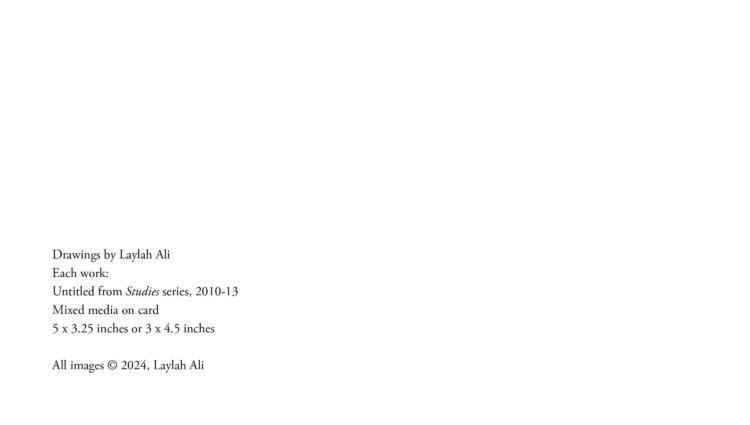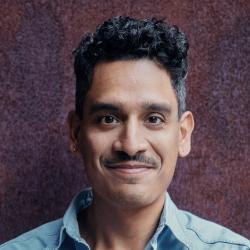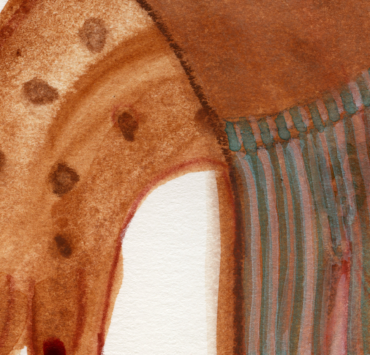
Sometimes I think I should call my mother less often because she’s going to die. She’s neither well nor unwell, but statistically speaking, I’m not wrong to worry. If not fewer calls, then shorter ones. Because when she does pass into the immortal realm, I’ll be left with a gaping hole in my schedule, and it’s this disruption to my routine that will ultimately destabilize me. I’ll weather the initial shock, the funeral arrangements, the cremation—my mother insists there’s claustrophobia in the afterlife—but I fear the posthumous perambulations: here to there, there to here. That’s when it’ll occur to me to call her. I’ll reach for my phone as I always have, and in those moments, it’ll feel as if she’s died all over again. I worry about the cumulative effect of her dying every day. What will it do
to me?
That’s what I was thinking about the other day while I watched the Con Edison guys load ladders onto their truck. God, they must have pensions, I also thought. Pensions are nice. Necessary. Much better than 401ks. Then it occurred to me that my children aren’t likely to think of me as a worker, the way I did my parents. My kids are of an economic class and generation that allows them to grow up believing one can be casual and survive—thrive, even. Which may have been why my parents underwent all of it, so that I could one day be casual. And now I am, very. With time to spare. Time to examine the big picture. To summarize, to interpret, to overplan.
I wonder which one of their parents my children will mourn more. It’ll probably be me. I’ll be the cause of their unexpected free time. My husband is indispensable, but he doesn’t seem to need them as much as I do. I try not to show it, but my children know. And in the process of fulfilling my needs, I’ll become a part of their walks to and fro, until suddenly, I, too, am a hole in their daily schedules. Or maybe they’ll have more time to think but they’ll be less thoughtful. I’m also afraid of that. There must be a way to prevent this, no?
I wondered about this the other day, instead of calling my mother.


Alejandro Varela (he/him) is based in New York. His work has appeared in the Boston, Yale, and Georgia Reviews, The Point Magazine, Harper’s, and the Offing, among other publications. His debut novel, The Town of Babylon (Astra House, 2022) was a finalist for the National Book Award. His short story collection, The People Who Report More Stress (Astra, 2023), is one of Publishers Weekly’s best works of fiction in 2023, a finalist for the International Latino Book Awards, and longlisted for the Aspen Literary Prize. Varela is an editor-at-large of Apogee Journal, and he holds a masters in public health from the University of Washington







